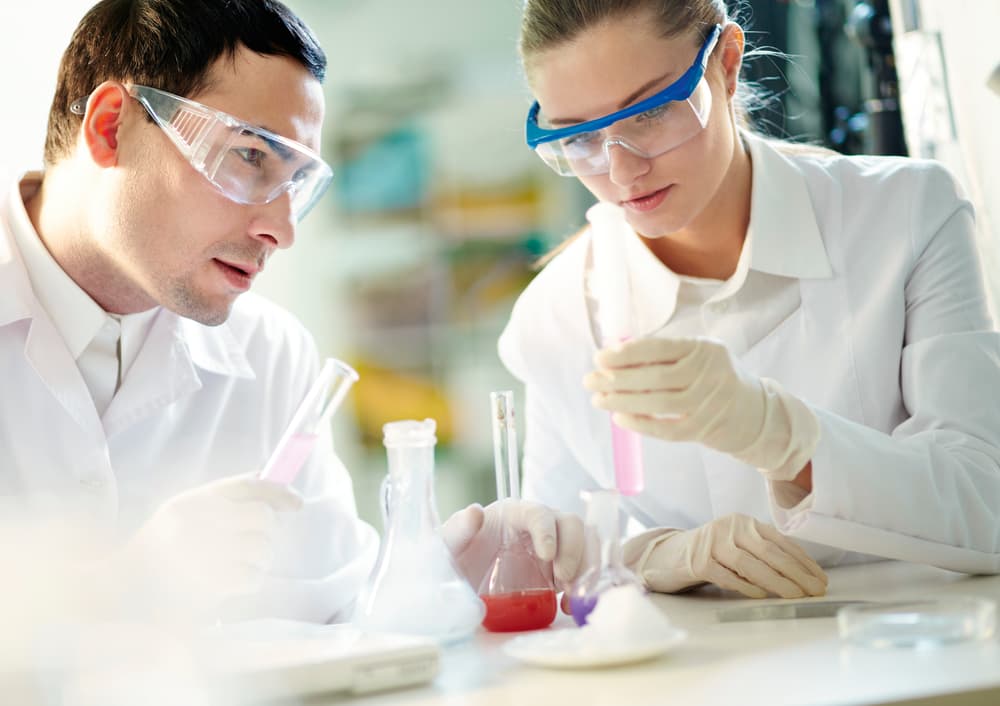Very often, large scale livestock farming is pointed at for producing a significant amount of greenhouse gasses, and for having an unreasonably high carbon footprint. Ruminants emit methane whilst digesting the fibre in their rumen, and pigs and poultry are consuming vast amounts of soybean meal, which travels the globe and the culture of soybeans is introducing an undesired monoculture, detrimental to the original vegetation. In aquaculture, fishmeal is still often used as the main protein source. It is essential to find alternatives to these feeding principles.
Animal production is however managed in a very scientific way, allowing the industry to take measures and to find solutions to significantly reduce the footprint of the industry.
The EU has translated the UN recommendations in a very ambitious Green Deal policy. Our animal feeding industry, represented by FEFAC and FEFANA shows strong commitment to this policy and issued their Sustainability Charter, listing objectives to be met by 2030.
Orffa, as a leading company in the development and formulation of novel feed additives, is already involved in products which may contribute to reaching that objective. Orffa is strongly committed to invest continuously in R&D in order to develop new concepts and solutions, allowing the industry to better cope with the sustainability issues.
This charter explains more in detail the ambitions of Orffa and the solutions presented.





